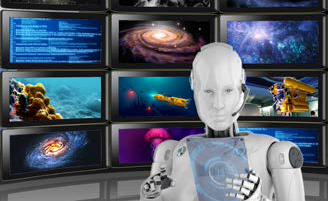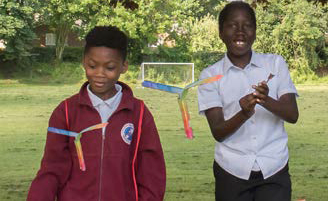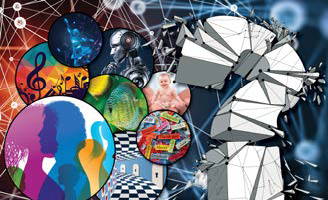Artificial Friends
Aims
Advances in artificial intelligence, create opportunities and challenges for how we understand ourselves:
“What does it mean to be good with knowledge?” “Can an artificial friend alleviate loneliness?” This project invites university students, student engineers and journalists to ask Big Questions and explore the boundaries of what we know.
In the spirit of co-creation, students work together across disciplinary divisions to collaborate on solving real world opportunities and problems.
Project Plan and Proposed Timeline
One of our aims is to encourage greater transparency in the design of GenAI applications by working with students who are learning to be AI designers. Another aim is to work with students drawn from across HE disciplines to explore new ways to develop their epistemic insight and practical wisdom online through reflective interactions with advanced technologies.







